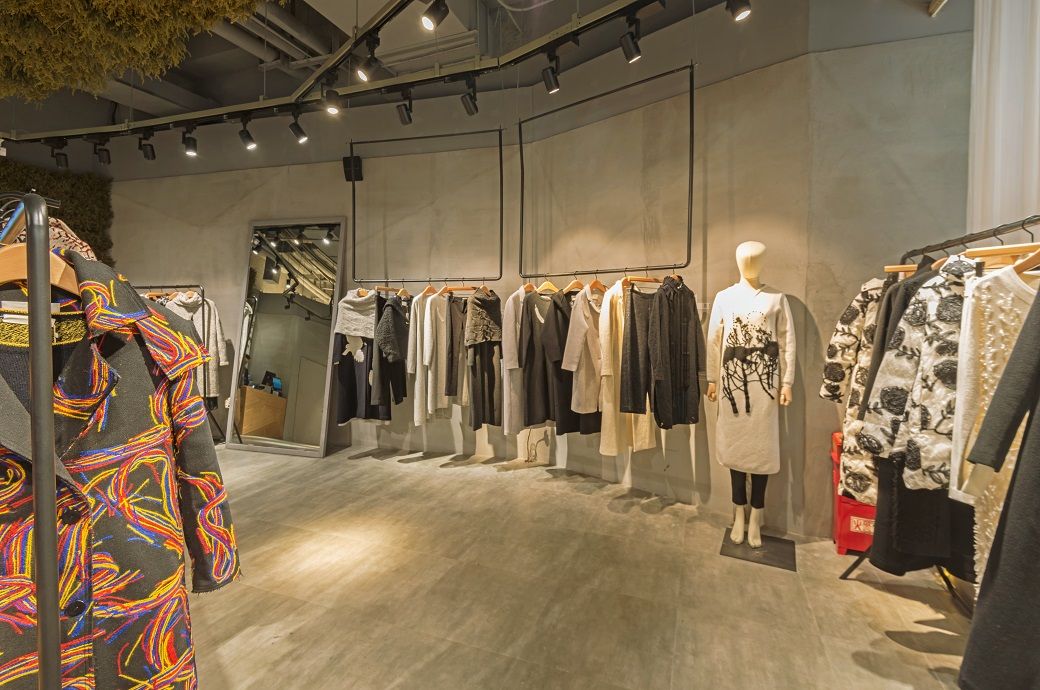
This upward trajectory comes in the face of several macroeconomic challenges, including Brexit, the COVID-19 pandemic, supply chain disruptions, and soaring energy costs. Despite these hurdles, the luxury sector’s robust growth continues, although there’s a caveat from Walpole, the luxury sector’s representative body. The organisation warns that without necessary tax reforms and changes to intellectual property laws, this growth could potentially plateau.
Looking ahead, Walpole forecasts an even brighter future, projecting that by 2028, the British luxury sector could bolster the economy by £125 billion annually. This projection would surpass the economic contributions of both the life sciences and construction industries, which are currently valued at £97 billion and £110 billion per year, respectively.
The UK luxury sector contributes £81 billion ($102.7 billion) annually to the economy and supports 454,000 jobs, growing 69 per cent over five years despite Brexit and COVID-19 challenges.
Walpole warns growth may stall without tax and IP reforms. By 2028, contributions could reach £125 billion, surpassing life sciences and construction sectors.
The report also delves into the employment landscape within the luxury sector, underscoring the high-quality jobs it provides and its broader economic impact, especially in the fashion sub-sector. However, the report also points to threats that could undermine the sector’s long-term prosperity and its potential contributions to the UK, urging for governmental policy adjustments to ensure continued growth and to safeguard the UK’s renowned industrial crafts and their communities.
A particular area of concern highlighted by the report is the UK’s tax and regulatory environment. Recent decisions, such as the omission of VAT-free shopping for international visitors in the Spring Budget, have been criticised. The report suggests that failing to introduce such incentives could see the UK miss out on significant growth, tax revenue, and employment opportunities. The Association of International Retail (AIR) estimates that UK retailers stand to lose £1.5 billion annually to their tax-free competitors in the EU.
Fibre2Fashion News Desk (DP)